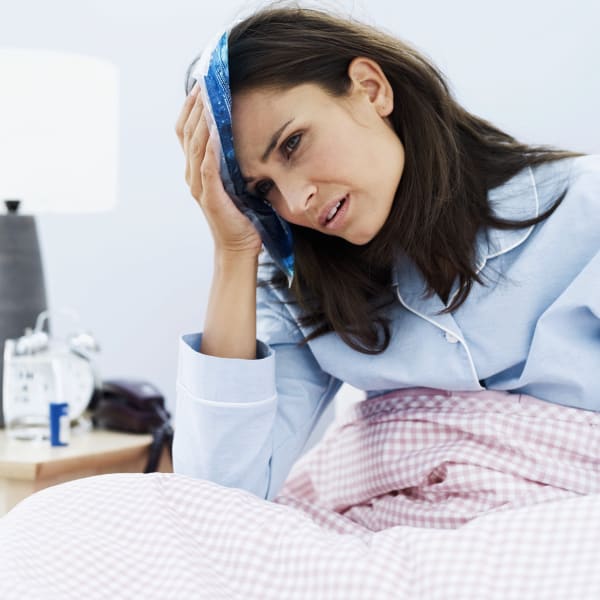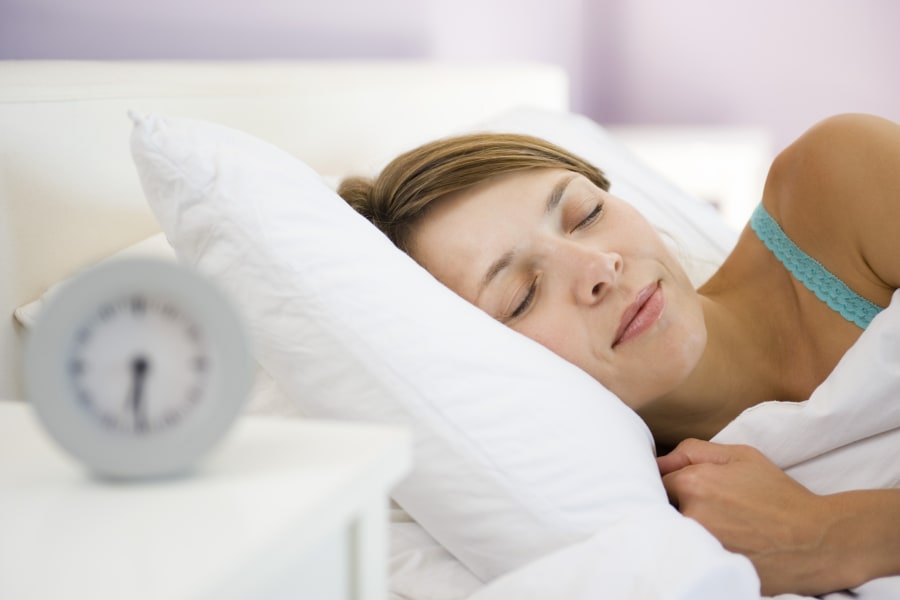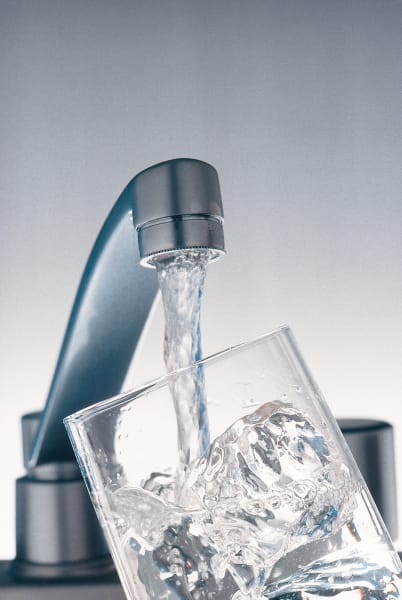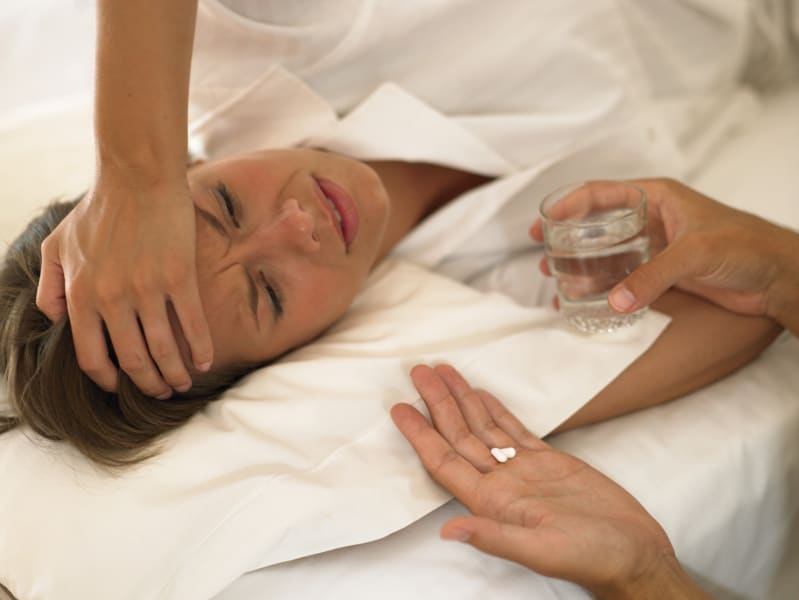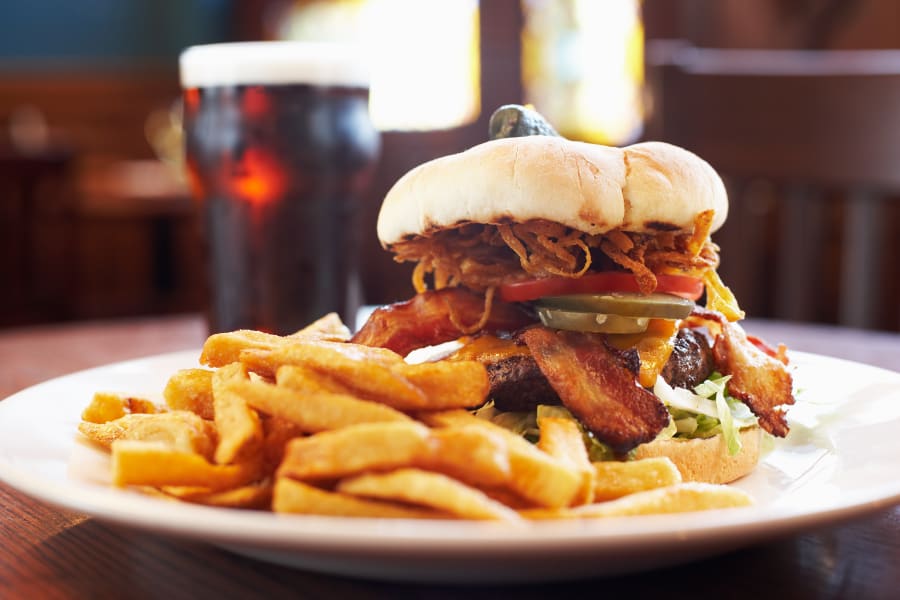Share
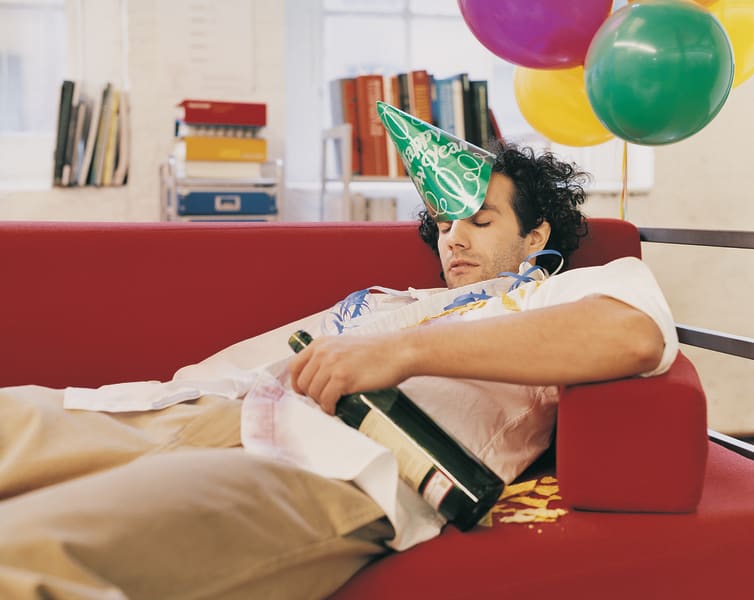

1 of 7
Holiday party season is time to eat, drink and be merry. But too much merriment can sometimes result in a not-so-celebratory hangover.Dehydration is a main factor behind hangovers, as the body recovers from alcohol consumption.Here are some myths vs. facts on hangovers, and what you can do to feel better. Photo Illustration/Thinkstock
Fact: Stay hydratedAlcohol is a diuretic, which means it increases the amount of water excreted by the body. The dehydration it causes is often behind that morning-after feeling. As a result, the best defense against a hangover is to stay hydrated, says Dr. Gary J. Murray, acting director of the Division of Metabolism and Health Effects for the National Institute on Alcohol Abuse an Alcoholism. Try alternating alcoholic drinks with nonalcoholic ones -- ideally, water. This has the added benefit of spreading out the rate of alcohol absorption. If you haven't had any water at night's end, don't worry: drinking water before going to sleep will still help the next morning, Murray says, although it may result in a late-night trip to the bathroom. Photo Illustration/Thinkstock
Myth: Pain medicine before or after bedTaking aspirin or another pain medication to combat a hangover headache can be tricky.Taking it after a night of drinking before bed is definitely not recommended, Murray says, because the medication can adversely interact with your body or with the alcohol.For example, taking an acetaminophen-based medicine (such as Tylenol) with alcohol can cause liver damage, while taking aspirin in conjunction with heavy daily alcohol use has bleeding risks.Taking ibuprofen upon waking is appropriate, if there are no signs of nausea or upper abdominal pain. However, "It's probably better to wait," and drink water first, Murray says. Photo Illustration/Thinkstock
Fact: Eat beforehand"Without question, it's best to have food in your stomach," Murray says. Eat something either before or during a night of drinking: the food slows alcohol absorption, and the less alcohol absorbed into the body, the better you'll feel the following day. Fatty foods are best for this.Plus, eating "gives you something to do with your mouth other than continually sipping on that cocktail," Murray says. Photo Illustration/Thinkstock
Myth: Caffeine cures allA cup of black coffee isn't likely to help you get over your hangover any quicker. Like an aspirin, caffeine may help relieve a side effect (in this case, the sleep deprivation that can come with a late night party) without battling the main problem.Murray says caffeine wakes you up a little bit, and doesn't help (or hurt) beyond that. Photo Illustration/Thinkstock
Myth: Waking up drunkIt would take a truly heavy night of drinking to render you still drunk the next morning, Murray says. Instead, you probably have a strong hangover, and your best bet is to hydrate and eat something light. Photo Illustration/Thinkstock
Fact: Sleep, eat well
The U.S. National Library of Medicine recommends a conservative approach to the day after a hangover: sleep and eat as you are able, to give back to your body some of what it didn't have while you were drinking — fuel to absorb alcohol and sleep to re-energize the body.
Meanwhile, remember what Murray says is the best hangover cure he's ever heard: "Don't drink." Photo Illustration/Thinkstock
The U.S. National Library of Medicine recommends a conservative approach to the day after a hangover: sleep and eat as you are able, to give back to your body some of what it didn't have while you were drinking — fuel to absorb alcohol and sleep to re-energize the body.
Meanwhile, remember what Murray says is the best hangover cure he's ever heard: "Don't drink." Photo Illustration/Thinkstock

